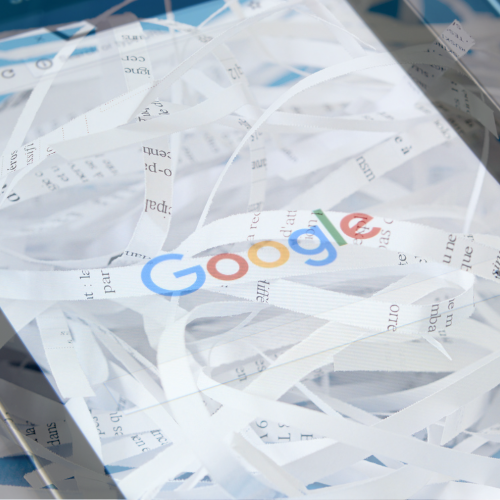Big Trouble for Google UK?
The UK’s competition authority now investigating the search giant’s competitiveness and potential data monopoly
Chris Dillabough assesses the impact and what this new investigation means
It has been widely reported that the UK antitrust regulator is investigating Google's 90% search market dominance - reigniting hopes that it might be forced “to be more transparent” or “alter its algorithms” resulting in better returns for advertisers, increasingly hard-pressed to meet their ROI goals in search.
But even if the government does somehow manage to inject competition into a “search market” which the rise of AI has made even harder to define - do we really expect the fine targeting and reporting capability in PPC that’s been progressively eroded in the name of increased automation to ever return? I don’t think there’s any reason to expect it.
I guess the problem here is to avoid pinning faith - and your digital strategy - on regulation to ‘fix the state of things’. We may feed back to the CMA, and who knows what will happen, but in the mean time real digital strategy has to be grounded in cross-platform measurement and tech and not on shifting regulatory timetables. "We can't rely on a glacial pace of regulatory change which may never render an effective solution. Instead, we believe in building solutions that augment the Google platform to maximise our clients' output and work around limitations as they emerge," as Andy Arnett, Kinase’s technical director puts it.
Look at the advertising products in markets adjacent to Google’s paid search - Meta ads and Amazon ads. Targeting is even more wooly and reporting even more vague. You could argue (easily) that Meta and Amazon are monopolies in their own spheres but I still wonder: would enough advertisers and agencies care enough about this data erosion to force a reversal even in a non-monopoly context?
I would hope so - but the benefits of automation are real and tangible and it’s easy to accept that keyword-level reporting (for example) is being degraded when you hardly have to worry about negative keywords or day parting. And it feels churlish or at least futile to push back against what everyone is telling us is inevitable and the future and, at the very worst, a net gain.
But let’s remain optimistic on this point - let’s pick up the assumption that breaking monopolies will lead to better tools and reporting for advertisers and agencies, and therefore better ROI.
So how likely is that regulatory action can ever be effective? Here I am less optimistic.
“So how likely is that regulatory action can ever be effective?”
Google has always argued that it’s not a monopoly because its search engine is free and there’s nothing stopping people from moving to another search engine if they can find a better one - just like they did all those years ago when they moved from Alta Vista to Google. (Yes, I am that old). But the counter argument goes: yes, but you use your financial might to swallow up any direct competition as soon as it emerges, or prevent any adjacent market from developing (eg. shopping comparison) by offering the same service for free.
This is all arguable - what isn’t arguable is the fact that regulators have taken more than a decade to define a monopoly in the search market and all the remedies they have put forward have failed completely. This doesn’t bode well for the effectiveness of any future regulator activity - especially at the UK or European level. (The US is too up in the air to talk about for now for obvious reasons. Let’s return to it in a month or two).
Take Shopping ads on Google search as an example - and the EU’s intervention.
Google Shopping was launched into the SERP automatically for end users. Initially it was very cheap for advertisers and benefitting from Google’s exemplary reach. Over time it became more prominent and various stand-alone Comparison Shopping Services (CSS) cried foul, complaining about being squeezed out unfairly. The EU intervention was as bizarre as it was ineffective - forcing users to buy Google Shopping ads through third party CSS and pay them a cut.
They added the option of choosing a different CSS the price of which rapidly trended to zero while Google’s CPCs kept rising. Worse, Google used this as an excuse to reduce support for Shopping queries. Google refuses to disclose the cost of using Google as your CSS provider making it impossible to make an informed choice. (With Performance Max Campaigns, Google further undermined the Shopping product by hiding the relationship between search term and product, and bundling in unwanted inventory from other products - but that’s another story.)
Maybe the impact of regulation on Google is a moot point - and the rise of AI-powered alternatives to Google may mean that it loses its monopoly before it’s forced to give it up. (Has this ever happened in any industry before? Industrial historians, please let us know. Telecom giants were disrupted by the internet just after they were broken apart.) But I think it’s more likely that any successor to the crown will either be leaning on Google data (should it be forced to share its data / ecosystem with third parties) in a revenue-shared model, or be sufficiently Google-like to be indistinguishable for the purposes of any effective regulation.
Will it ever happen? Harder to say now than ever - but it will be events in the US that determines it, and very little to do with whatever the UK regulator comes up with.




